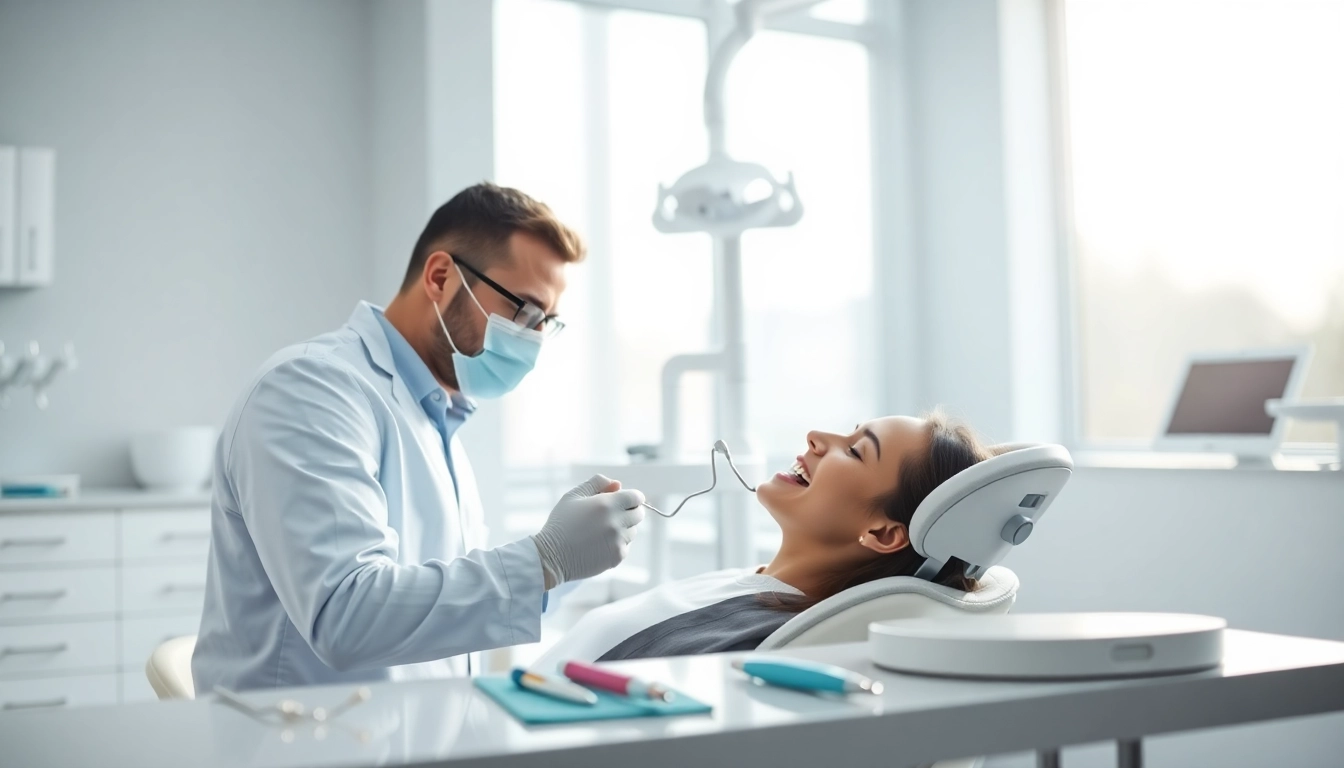Understanding Checkups: A Fundamental Health Practice
Regular checkups are a cornerstone of maintaining both physical and oral health. These practices form the backbone of preventive medicine, ensuring that any potential issues are identified and addressed promptly. Just as you wouldn’t wait until a car breaks down entirely before taking it in for maintenance, your health deserves the same proactive approach. Engaging in consistent health assessments, including dental visits, plays a significant role in sustaining your overall well-being. It’s essential to understand why these checkups matter and how they contribute to a healthier life.
The Importance of Regular Checkups for Oral Health
Oral health is intrinsically linked to general health, influencing systemic conditions such as heart disease, diabetes, and more. Regular dental checkups allow for early detection of oral diseases, which can lead to more complex health issues if left untreated. During these visits, your dentist will evaluate your gums, teeth, and overall oral hygiene, determining not only the state of your mouth but also its impact on your overall health.
Moreover, routine dental checkups help combat common issues like cavities and gum disease. According to the Centers for Disease Control and Prevention (CDC), nearly 50% of adults aged 30 and older show signs of gum disease, a condition that can remain asymptomatic until it has progressed significantly. Regular assessments help ensure that you and your family can prevent these occurrences through timely interventions.
What to Expect During Your Dental Checkup
Understanding what occurs during a dental checkup can alleviate anxiety about dental visits. Typically, a dental checkup includes several key components: examination, cleaning, and a discussion about your oral hygiene practices.
Initially, the dentist or hygienist will perform a visual inspection of your mouth. They will check for plaque, tartar, and signs of decay or gum disease. X-rays may also be taken to reveal issues not visible to the naked eye. Following the examination, a thorough cleaning of your teeth will be conducted to remove any buildup. Finally, the dentist will discuss any findings, answer your questions, and offer tips for enhancing your at-home dental care routine.
Common Procedures During Routine Checkups
In addition to basic examinations and cleanings, your dental checkup might include several procedures that vary based on individual needs:
- Fluoride Treatments: These applications help strengthen tooth enamel and prevent decay, especially in children and individuals at higher risk for cavities.
- Sealants: Often recommended for children, sealants are thin plastic coatings applied to the chewing surfaces of back teeth to shield them from decay.
- Oral Cancer Screening: Your dentist may perform an oral cancer screening by checking the mouth for signs of cancer, a critical early-detection measure.
How to Prepare for Your Dental Checkup
Proper preparation for your checkup can significantly influence the experience. Being proactive can also make the visit smoother and more effective in addressing your oral health needs.
Pre-Visit Checklist: Ensuring a Smooth Experience
Before your appointment, consider going through a checklist to ensure you maximize your visit:
- Schedule Time Wisely: Ensure you set aside enough time for the appointment without rushing.
- List Any Concerns: Prepare a list of questions or concerns you want to address with your dentist.
- Insurance and Records: Bring any necessary insurance documents and previous dental records if this is your first visit.
Essential Questions to Ask Your Dentist
Asking the right questions during your checkup can enhance your understanding of your oral health. Here are some essential queries to consider:
- How often should I visit for checkups?
- What oral hygiene practices do you recommend for my specific needs?
- What are the most common risks affecting my oral health?
Understanding Dental Terminology for Better Communication
Familiarizing yourself with dental terminology can greatly improve communication with your dentist. Terms like “plaque,” “tartar,” “caries,” and “gingivitis” are often used. Understanding what these terms mean empowers you to engage in discussions concerning your treatment and care effectively.
Children and Checkups: Managing Pediatric Dental Visits
Oral health care for children is particularly critical, as it sets the foundation for a lifetime of good dental practices. Managing pediatric visits appropriately ensures children understand the importance of dental hygiene.
When Should Your Child Start Visiting the Dentist?
The American Academy of Pediatric Dentistry suggests that children should visit the dentist by their first birthday or within six months after their first tooth erupts. Early visits can help prevent later issues and establish a positive attitude towards dental care.
Making Checkups Fun: Tips for a Positive Experience
Transforming the perception of dental visits for children from frightening to fun involves creativity. Here are some tips:
- Incorporate Play: Use toys and games to explain what happens at the dentist.
- Positive Reinforcement: Praise your child after a visit and offer small rewards.
- Set Expectations: Explain what will happen during the visit in a positive light.
Common Concerns Parents Have About Child Checkups
Parents often have concerns about exposing their children to dental practices. Common issues include worries about pain and anxiety. Dentists are highly skilled in managing these concerns and can provide strategies to mitigate discomfort, such as using numbing agents and explaining procedures in child-friendly terms.
Advanced Insights into Dental Health Beyond Checkups
While regular checkups are essential, they are just one piece of the puzzle in complete dental health. Understanding the broader implications of health can equip you to make better lifestyle choices.
How Diet and Lifestyle Affect Your Checkup Outcomes
A balanced diet rich in vitamins and minerals is crucial for maintaining healthy teeth and gums. Foods high in sugar can contribute to tooth decay, while those rich in calcium, such as dairy products, strengthen bones and teeth. Lifestyle choices, including smoking and alcohol consumption, also negatively impact oral health and can lead to serious complications.
Latest Advances in Dentistry: What to Expect in Future Checkups
Innovations in dentistry are continually evolving. From advancements in laser technology to improved dental materials, these developments promise more efficient and comfortable procedures. Staying informed about these changes can enhance your dental care experience and outcomes.
Integrating Technology into Your Dental Care Routine
Technology is playing an increasingly significant role in dental care. From smartphone apps that track oral hygiene to tele-dentistry, technology has made it easier than ever to stay connected with health professionals. Using these resources can complement regular visits and ensure you remain informed about your oral health.
Maximizing the Benefits of Your Dental Checkups
Understanding how to maximize your dental checkup benefits is essential. These visits provide more than just a cleaning; they offer valuable insights into your health.
Regular Checkups: More Than Just Cleanings
Regular dental checkups allow for thorough assessments that can prevent future complications. They are an opportunity to receive expert guidance tailored to your individual needs.
Tips for Maintaining Oral Health Between Checkups
Effective oral health maintenance involves a consistent home care routine between visits. Consider the following practices:
- Brush twice daily with fluoride toothpaste.
- Floss daily to remove plaque and food particles between teeth.
- Limit sugary snacks and beverages.
Long-Term Benefits of Consistent Dental Visits
Long-term engagement in dental checkups generates lasting benefits. Patients who maintain regular appointments report fewer cavities, improved overall health, and enhanced self-confidence owing to better dental aesthetics. Additionally, early detection of problems can save significant time, stress, and expense in the long run.



